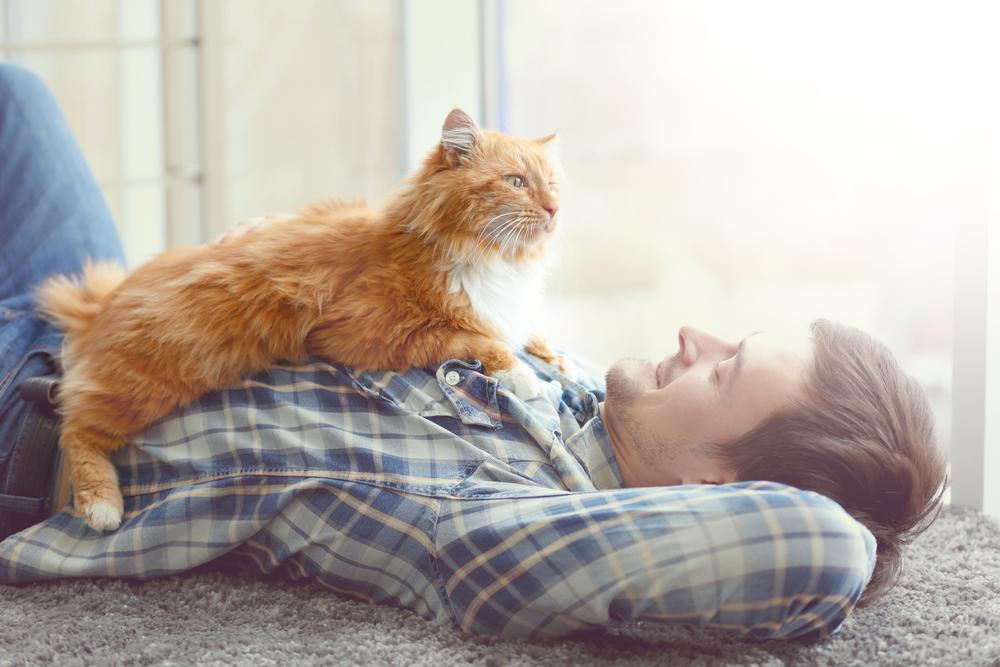
Senior Cat Care
When a cat reaches 11 years old, they are considered a senior cat. If your cat is approaching this age, it is important to understand that their needs will begin to change. Your cat is going to need extra care and attention as they get older. When your cat reaches the senior stage of their life, there are a few things that you should know. At TLC for Pets in Reisterstown, we’re here to provide care for your pet during their twilight years.
Visit the Vet More Often
When your cat gets older, they will need to see the veterinarian more often. You should schedule an appointment every six months rather than every year, even if your cat appears to be healthy. In cat years, six months is the equivalent to two human years. Your cat's health can change a lot during this time.
Watch Your Cat's Behavior
When your cat gets older, you should pay close attention to their behavior. Cats tend to mask their illnesses. If your cat is hiding or sleeping more, don't ignore it. You should note any changes in your cat's behavior and bring it up at the vet. Even the smallest change can be something significant.
Watch for Weight Changes
When your cat gets older, you should pay attention to unexpected weight gain or loss. If your cat is putting on too much weight, they are at risk of developing a chronic disease. If your cat loses weight quickly, it is a sign of a serious, potentially life-threatening condition.
Watch for Decreases in Activity
As cats get older, they will want to run and play less. Instead, they will sit and relax more often. If you find that your cat is less active but is struggling when moving around, they could have arthritis or degenerative joint disease. If you suspect that your pet is in pain, you should make an appointment with your vet.
Watch the Litter Box
When you scoop your cat's litter box, you should check for any changes. If you cat's poop is more solid than usual or if they are pooping less frequently, they could be constipated. This is a common issue in senior cats. You should also check their urine output. If they are urinating more than usual, they could have kidney disease, high blood pressure, thyroid disease, or diabetes.
Give Your Senior Cat the Care They Need
As your cat gets older, you will need to be more vigilant when it comes to their health. If you notice any changes in your cat's health or behavior, you should make an appointment with TLC for Pets in Reisterstown right away by calling (410) 833-1717. Our veterinarians can give you advice regarding senior cat care. We can also help if your cat's health appears to be declining.
Have you noticed any changes in your cat as they have gotten older? Let us know in the comments.


